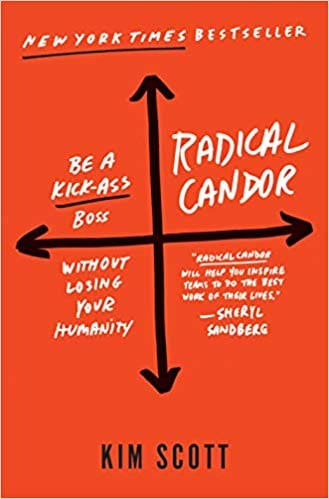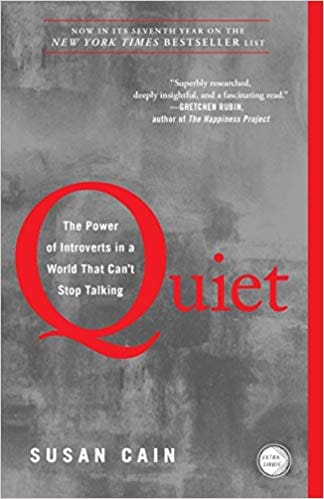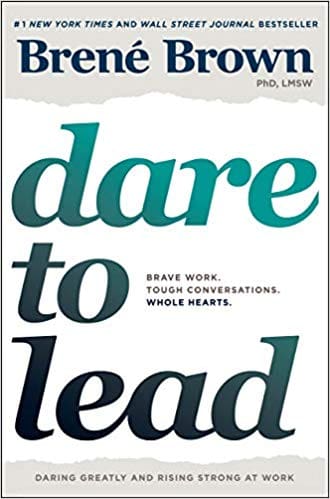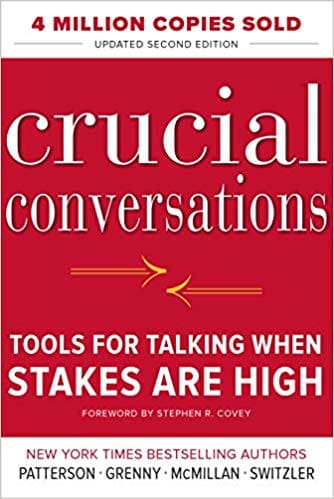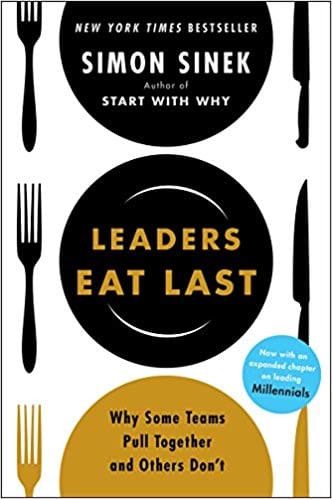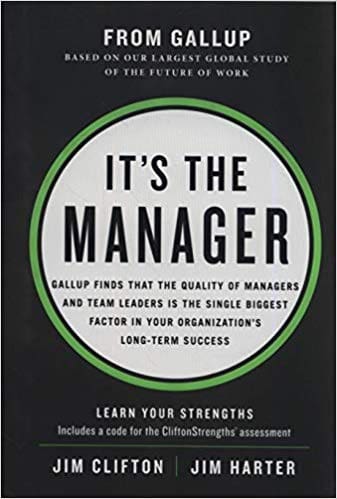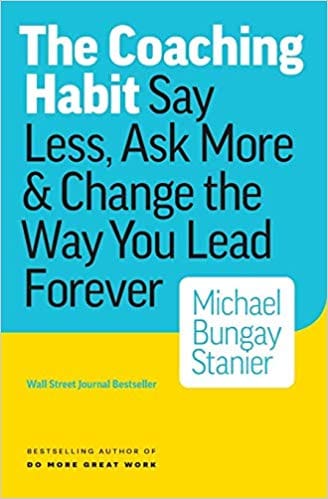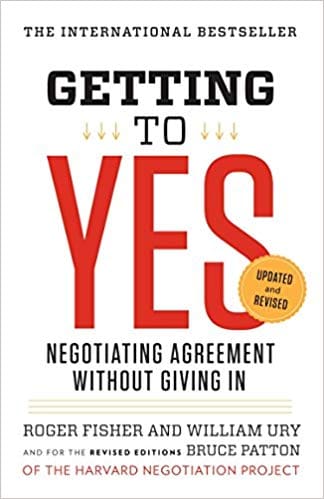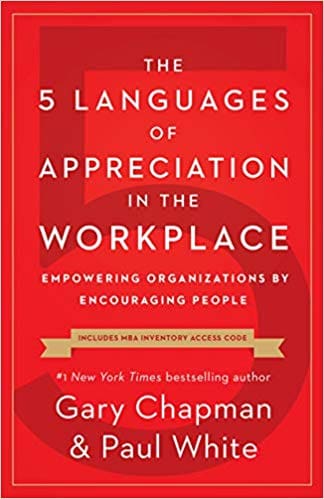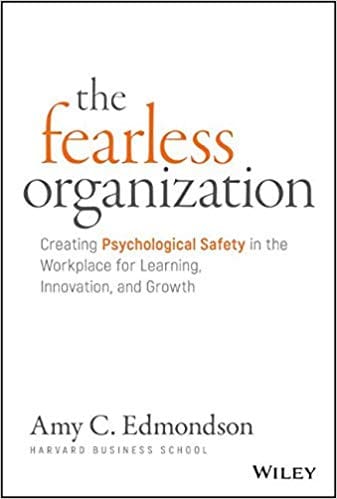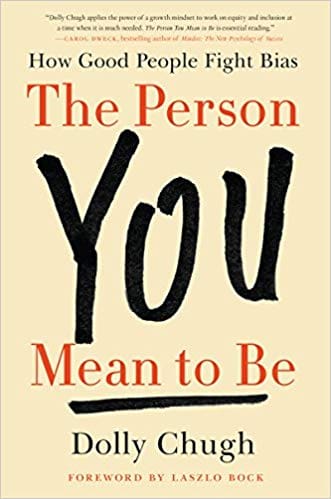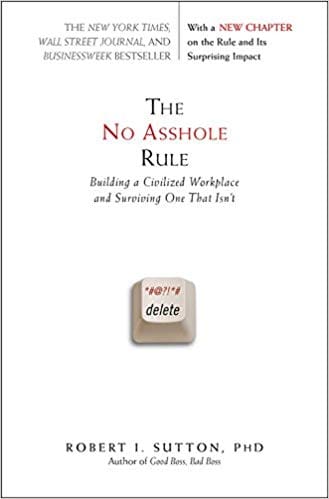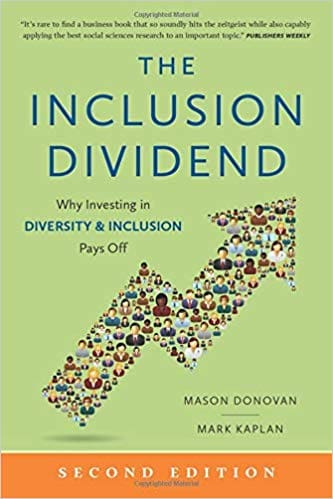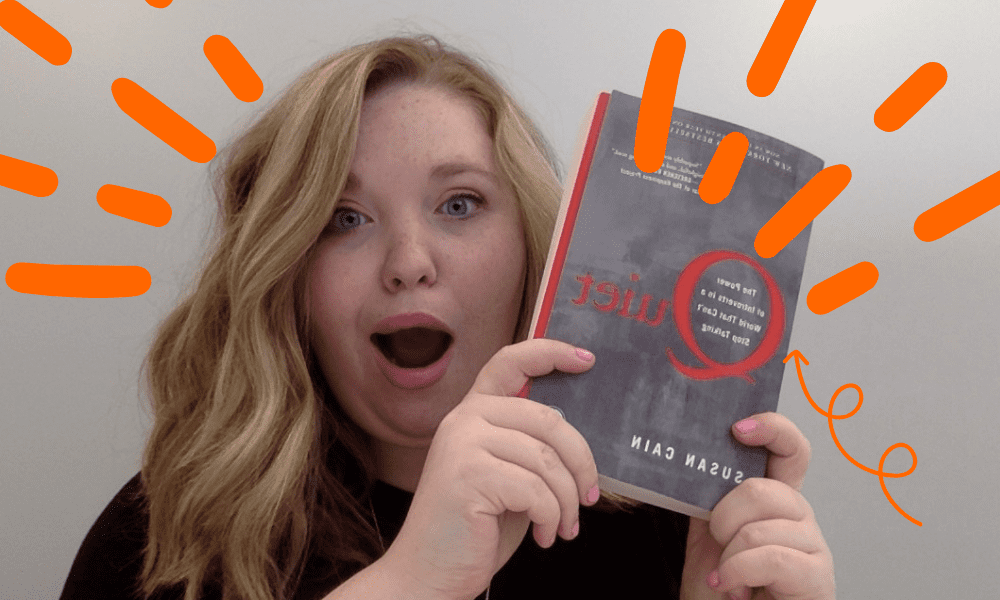
Compare Providers
Download our outplacement comparison sheet
Request Pricing
Compare our rates to other providers
I love books. You love books. Everyone who is into HR is pretty much into books as well!
So that’s why we decided to do a giveaway of some of our favorite books for HR leaders.
Fill out the form on our landing page to enter!
Here are the books:
1. Radical Candor
Radical Candor is a simple idea: to be a good boss, you have to Care Personally at the same time that you Challenge Directly. When you challenge without caring it’s obnoxious aggression; when you care without challenging it’s ruinous empathy. When you do neither it’s manipulative insincerity.
This simple framework can help you build better relationships at work, and fulfill your three key responsibilities as a leader: creating a culture of feedback (praise and criticism), building a cohesive team, and achieving results you’re all proud of.
2. Quiet: The Power of Introverts in a World That Can’t Stop Talking
In Quiet, Susan Cain argues that we dramatically undervalue introverts and shows how much we lose in doing so. She charts the rise of the Extrovert Ideal throughout the twentieth century and explores how deeply it has come to permeate our culture.
She also introduces us to successful introverts—from a witty, high-octane public speaker who recharges in solitude after his talks, to a record-breaking salesman who quietly taps into the power of questions.
Passionately argued, superbly researched, and filled with indelible stories of real people, Quiet has the power to permanently change how we see introverts and, equally important, how they see themselves.
3. Dare to Lead: Brave Work. Tough Conversations. Whole Hearts.
Leadership is not about title, status, and wielding power. A leader is anyone who takes responsibility for recognizing the potential in people and ideas, and has the courage to develop that potential.
When we dare to lead, we don’t pretend to have the right answers; we stay curious and ask the right questions. We don’t see power as finite and hoard it; we know that power becomes infinite when we share it with others. We don’t avoid difficult conversations and situations; we lean into vulnerability when it’s necessary to do good work.
4. Crucial Conversations: Tools for Talking When Stakes Are High
The first edition of Crucial Conversations exploded onto the scene and revolutionized the way millions of people communicate when stakes are high. This new edition gives you the tools to:
- Prepare for high-stakes situations
- Transform anger and hurt feelings into powerful dialogue
- Make it safe to talk about almost anything
- Be persuasive, not abrasive
5. Leaders Eat Last: Why Some Teams Pull Together and Others Don’t
Imagine a world where almost everyone wakes up inspired to go to work, feels trusted and valued during the day, then returns home feeling fulfilled. This is not a crazy, idealized notion. Today, in many successful organizations, great leaders create environments in which people naturally work together to do remarkable things.
In his work with organizations around the world, Simon Sinek noticed that some teams trust each other so deeply that they would literally put their lives on the line for each other. Other teams, no matter what incentives are offered, are doomed to infighting, fragmentation and failure. Why?
6. It’s the Manager
Packed with 52 discoveries from Gallup’s largest study on the future of work, It’s the Manager shows leaders how to adapt their organizations to rapid change, ranging from new workplace demands to managing remote employees, a diverse workforce, the rise of artificial intelligence, gig workers, and attracting – and keeping – today’s best employees. Who is the most important person in your organization to lead your teams through these changes? Gallup research reveals: It’s your managers.
7. The Coaching Habit: Say Less, Ask More & Change the Way You Lead Forever
Drawing on years of experience training more than 10,000 busy managers from around the globe in practical, everyday coaching skills, Bungay Stanier reveals how to unlock your peoples’ potential. He unpacks seven essential coaching questions to demonstrate how – by saying less and asking more – you can develop coaching methods that produce great results.
- Get straight to the point in any conversation with The Kickstart Question
- Stay on track during any interaction with The Awe Question
- Save hours of time for yourself with The Lazy Question, and hours of time for others with The Strategic Question
- Get to the heart of any interpersonal or external challenge with The Focus Question and The Foundation Question
- Finally ensure others find your coaching as beneficial as you do with The Learning Question
8. Getting to Yes: Negotiating Agreement Without Giving In
Getting to Yes offers a proven, step-by-step strategy for coming to mutually acceptable agreements in every sort of conflict. Thoroughly updated and revised, it offers readers a straight- forward, universally applicable method for negotiating personal and professional disputes without getting angry or getting taken.
9. The 5 Languages of Appreciation in the Workplace: Empowering Organizations by Encouraging People
This book will give you the tools to improve staff morale, create a more positive workplace, and increase employee engagement. How? By teaching you to effectively communicate authentic appreciation and encouragement to employees, co-workers, and leaders. Most relational problems in organizations flow from this question: do people feel appreciated? This book will help you answer “Yes!”
A bestseller – having sold over 300,000 copies and translated into 16 languages – this book has proven to be effective and valuable in diverse settings. Its principles about human behavior have helped businesses, non-profits, hospitals, schools, government agencies, and organizations with remote workers.
10. The Fearless Organization: Creating Psychological Safety in the Workplace for Learning, Innovation, and Growth
The Fearless Organization: Creating Psychological Safety in the Workplace for Learning, Innovation, and Growth offers practical guidance for teams and organizations who are serious about success in the modern economy.
With so much riding on innovation, creativity, and spark, it is essential to attract and retain quality talent – but what good does this talent do if no one is able to speak their mind? The traditional culture of “fitting in” and “going along” spells doom in the knowledge economy. Success requires a continuous influx of new ideas, new challenges, and critical thought, and the interpersonal climate must not suppress, silence, ridicule or intimidate. Not every idea is good, and yes there are stupid questions, and yes dissent can slow things down, but talking through these things is an essential part of the creative process.
People must be allowed to voice half-finished thoughts, ask questions from left field, and brainstorm out loud; it creates a culture in which a minor flub or momentary lapse is no big deal, and where actual mistakes are owned and corrected, and where the next left-field idea could be the next big thing.
11. Tribal Leadership: Leveraging Natural Groups to Build a Thriving Organization
Every organization is composed of tribes and naturally occurring groups of between 20 and 150 people. Until now, only a few leaders could identify and develop their tribes, and those rare individuals were rewarded with loyalty, productivity, and industry-changing innovation.
Tribal Leadership shows leaders how to assess, identify, and upgrade their tribes’ cultures, one stage at a time. The result is an organization that can thrive in any economy.
12. The Person You Mean to Be: How Good People Fight Bias
Dolly reveals the surprising causes of inequality, grounded in the “psychology of good people.” Using her research in unconscious bias as well as work across psychology, sociology, economics, political science, and other disciplines, she offers practical tools to respectfully and effectively talk politics with family, to be a better colleague to people who don’t look like you, and to avoid being a well-intentioned barrier to equality. Being the person we mean to be starts with a look at ourselves.
13. The No Asshole Rule: Building a Civilized Workplace and Surviving
“What an asshole!”
How many times have you said that about someone at work? You’re not alone! In this groundbreaking book, Stanford University professor Robert I. Sutton builds on his acclaimed Harvard Business Review article to show you the best ways to deal with assholes . . . and why they can be so destructive to your company. Practical, compassionate, and in places downright funny, this guide offers:
- Strategies on how to pinpoint and eliminate negative influences for good
- Illuminating case histories from major organizations
- A self-diagnostic test and a program to identify and keep your own “inner jerk” from coming out
14. The Inclusion Dividend: Why Investing in Diversity & Inclusion Pays Off
The Inclusion Dividend provides a framework to tap the bottom line impact that results from an inclusive culture. Most leaders have the intent to be inclusive, but translating that into a truly inclusive outcome with employees, customers. and other stakeholders requires a focused change effort. The authors provide straightforward advice on how to achieve the kind of meritocracy that will result in a tangible dividend and move companies ahead of the competition.
15. Who
In this instant New York Times Bestseller, Geoff Smart and Randy Street provide a simple, practical, and effective solution to what The Economist calls “the single biggest problem in business today”: unsuccessful hiring. The average hiring mistake costs a company $1.5 million or more a year and countless wasted hours. This statistic becomes even more startling when you consider that the typical hiring success rate of managers is only 50 percent.
We hope you enjoyed our top 15 books! Remember, to enter the contest and potentially win your top five, send us an email at Abrown@careerminds.com or respond back to this email!
In need of outplacement assistance?
At Careerminds, we care about people first. That’s why we offer personalized talent management solutions for every level at lower costs, globally.
